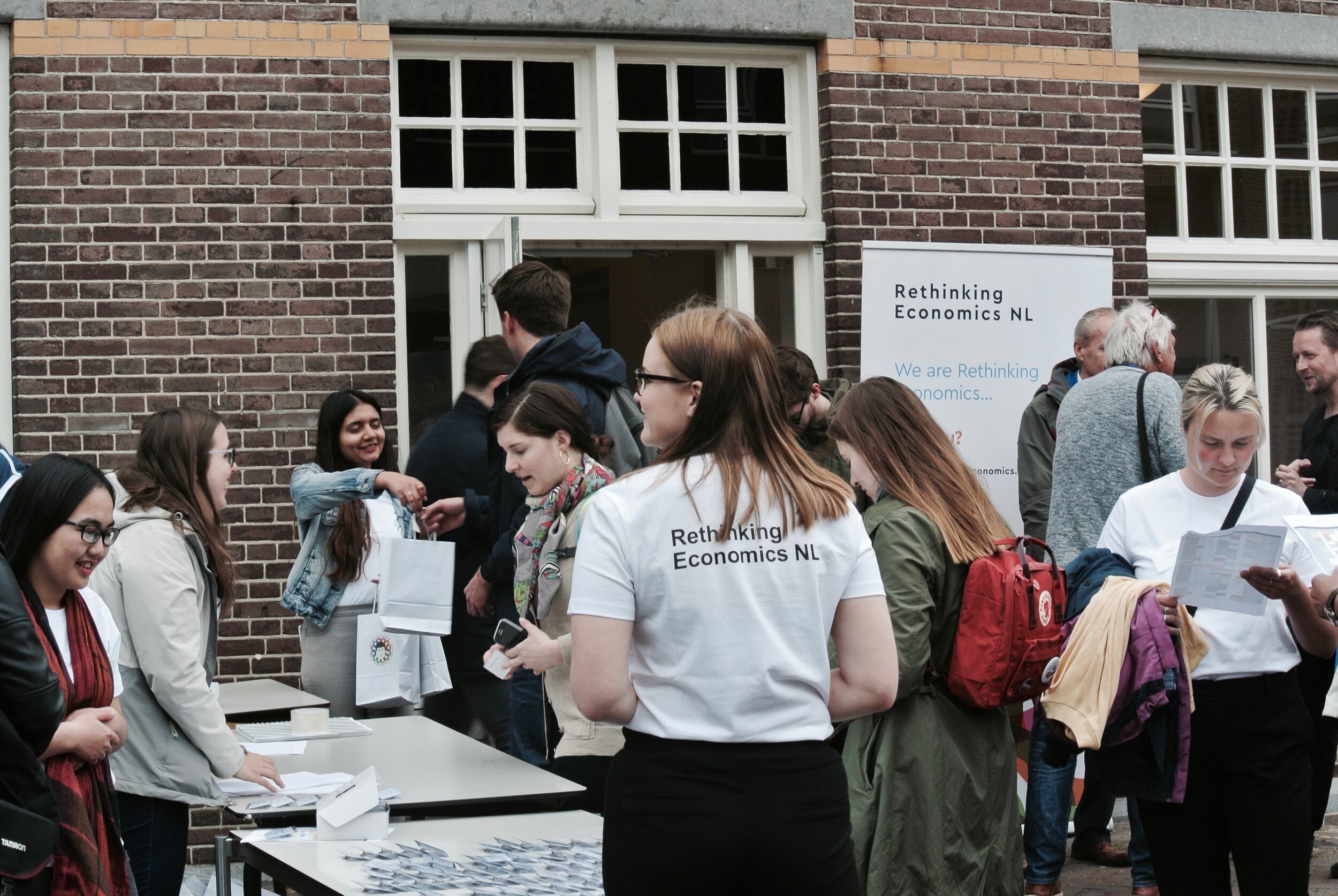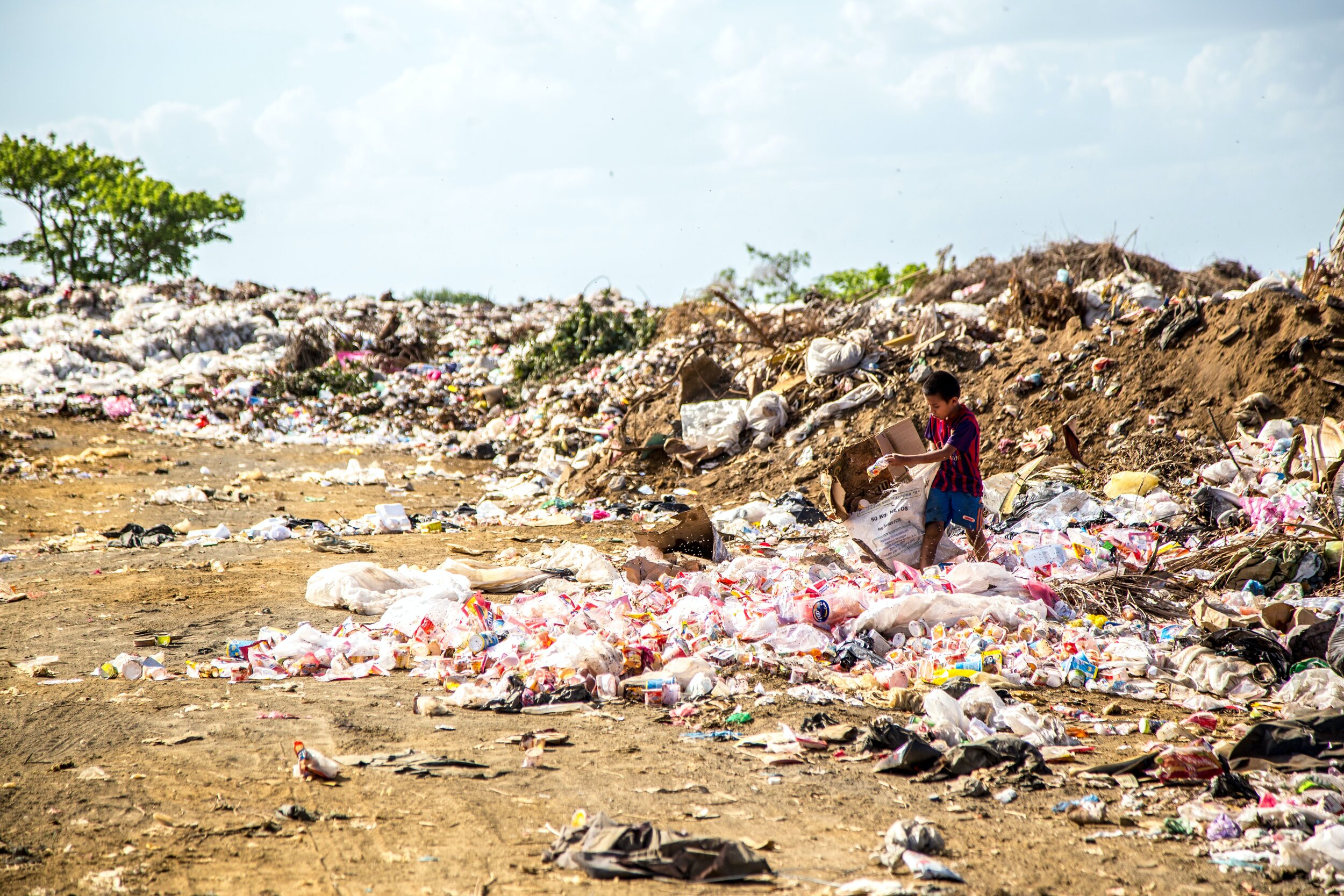
Our mission
We strive for new economics education and economic thinking, that centers social and ecological wellbeing.
Our vision on Economics
Pluralism
Pluralism (diversity), in theory and method and is central in developing critical thinking.
Theoretical pluralism means teaching a variety of schools of thought, because of the recognition that each school has their own strenghts and weaknesses.
Methodological pluralism means using various quantitative and qualitative methods, to improve understanding of institutions, power and other social dynamics, and enable deeper insights in the meaning of economic concepts as value, money, or wellbeing.
Decolonized
Decolonization means recognizing the dependence of wealth accumulation on exploitation and appropriation, with massive wealth transfers from the Global South to the Global North. It involves seeing the role of a Eurocentric Economics in hiding and legitimizing power global structures. A decolonized economics recognizes the different economic values and provisioning systems that exist and have existed globally.
To learn more about Decolonizing Economics ourselves, we are planning to start a book club about the theme in 2025.
Real-world
We want Economics to be rooted in the real-world, by being more sensitive to the historical, cultural, and political context of economic ideas and phenomena.
Societal challenges, like ecological breakdown and growing inequality, should be central in Economics. This should not only be about finding solutions, but also about critically understanding the role of Economics in creating these challenges in the first place.
How do we get there?
Organise
Creating a community of students and academics who share a vision on economics, and actively carry this vision out.
Educate
Organising self-education to spread knowledge on diversified and decolonized Economics, to enable students and academics to develop a critical understanding of Economics. This can be for example book clubs, lectures, workshops or discussion groups.
Agitate
To work on curriculum change, we aim to reach out to professors about our ideas, bring critical perspectives in during class, participate in the evaluation of education and think along constructively about solutions.







